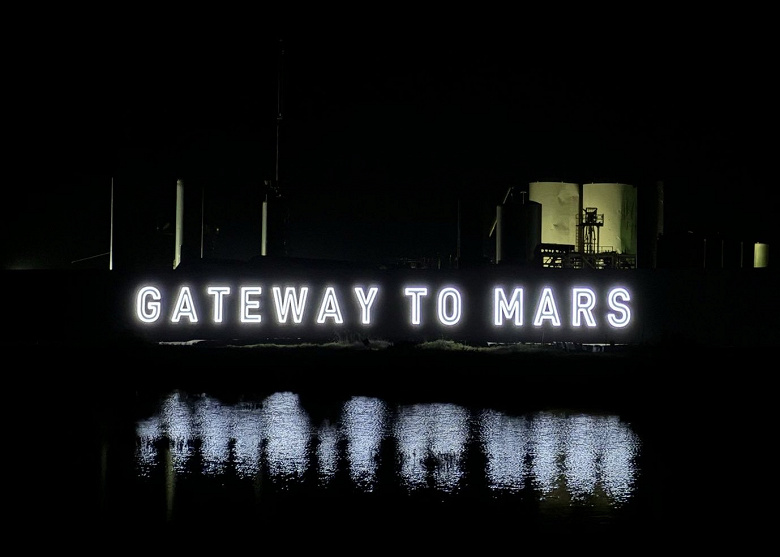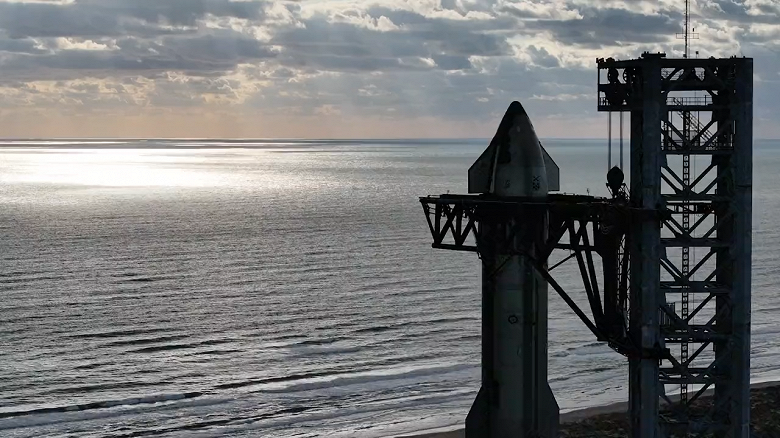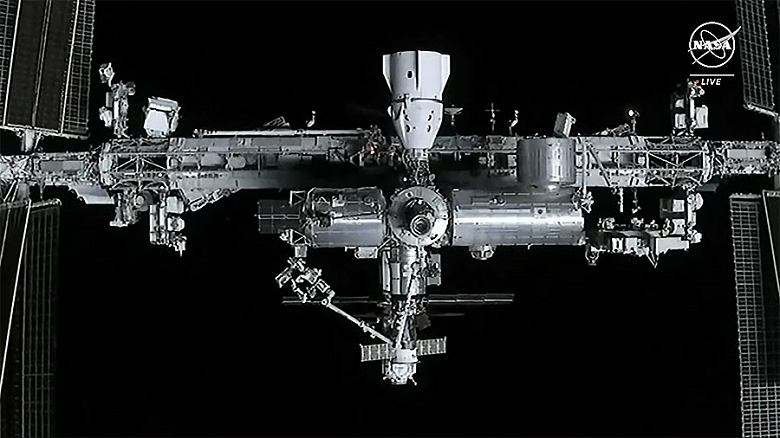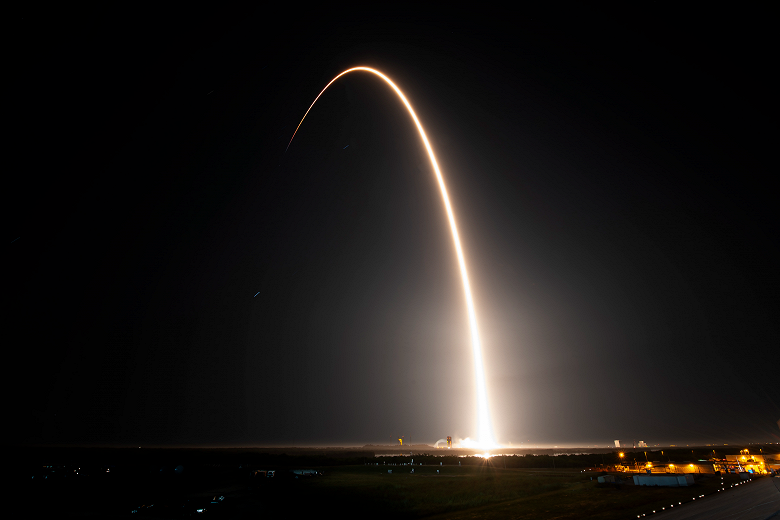SpaceX received additional quotas for the launch of low-orbit Internet satellites, but Amazon did not
Jeff Bezos has another reason to complain about the authorities’ actions and the fact that NASA has given SpaceX an exclusive contract for the lunar ship. This time, Elon Musk’s company received permission to use lower orbits from the US Federal Communications Commission (FCC), which at the same time rejected similar requests from competitors such as Amazon’s Kuiper project.

SpaceX has requested permission to operate 2,824 Starlink satellites in low orbit, where it was previously only allowed to operate 1,584 spacecraft. The requested change allows the company to leave all vehicles at an altitude of approximately 540-570 kilometers. This is just below the area that Amazon is going to use for its Kuiper satellite Internet project.
In a four-up, zero-down order, the FCC said the use of low orbits would improve data rates and reduce signal delays for SpaceX’s Starlink Internet service. The commission also ordered SpaceX to control the operating altitudes of the satellites tightly.
“Our actions will enable SpaceX to make changes designed to improve the security of its satellite constellation deployment and to provide broadband communications services throughout the United States, including those living in areas that are underserved or not served by ground systems,” says in the FCC order.
The use of relatively low near-earth orbits helps to reduce the danger from the failed satellites: atmospheric resistance at lower altitudes slows down the vehicles. The failed satellites can quickly go out of orbit and burn up in the atmosphere. The FCC has allowed SpaceX to halve the planned altitudes of some future satellites roughly.
Disagreement over SpaceX’s plan to create a constellation of several thousand satellites reflects an intense race in which companies compete to provide broadband internet from near space. Amazon received FCC clearance in 2020 to launch 3,236 satellites under the Kuiper program but has yet to launch any. Viasat, Telesat Canada, and OneWeb also plan to deploy similar groupings.
SpaceX is ahead of its competitors. The company said that as of April 6, there were 1,320 of its satellites in orbit, and the next day it launched 60 more vehicles. The lower the orbit, the better the Internet service can be provided by reducing delays and distances.










